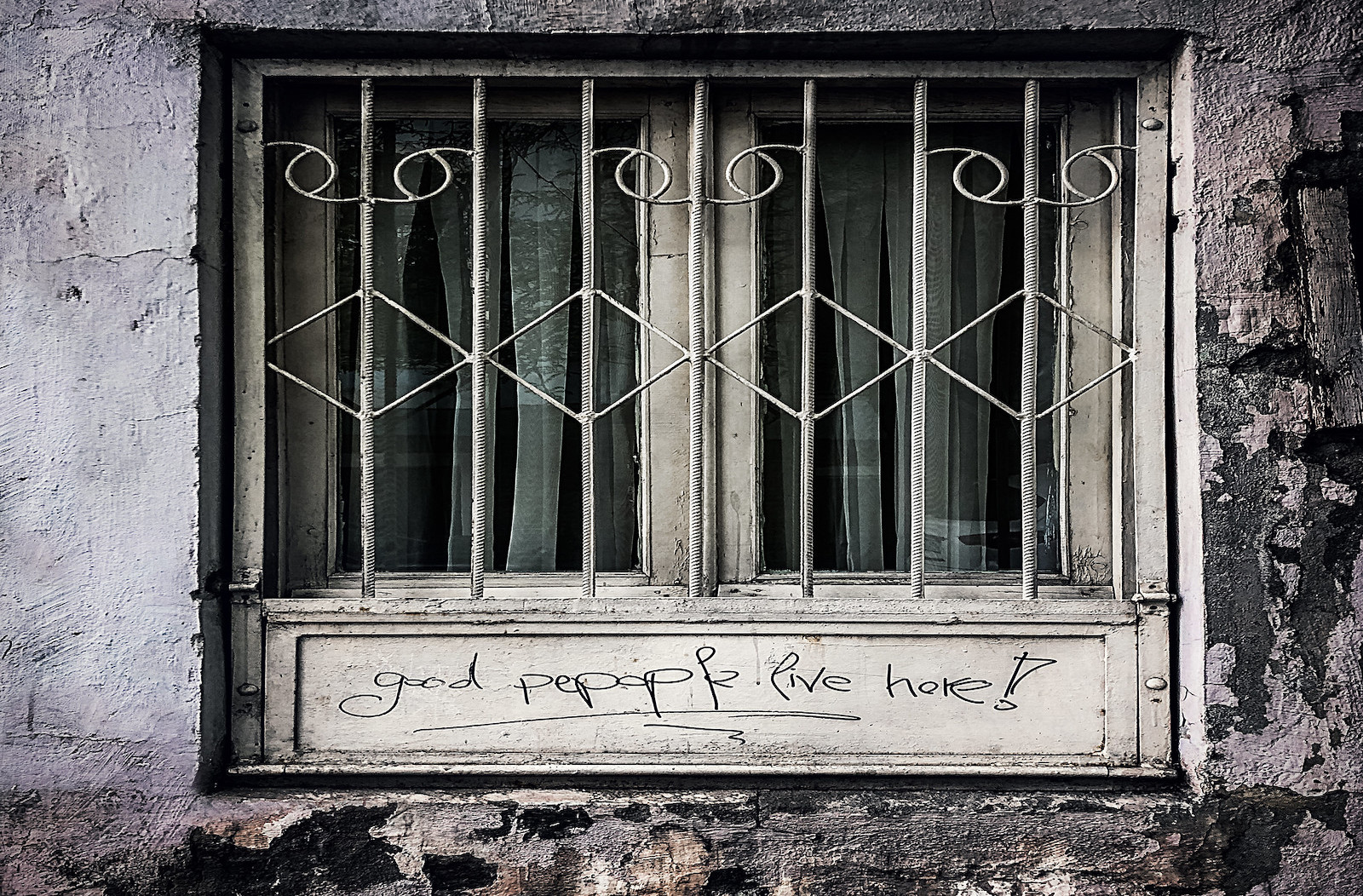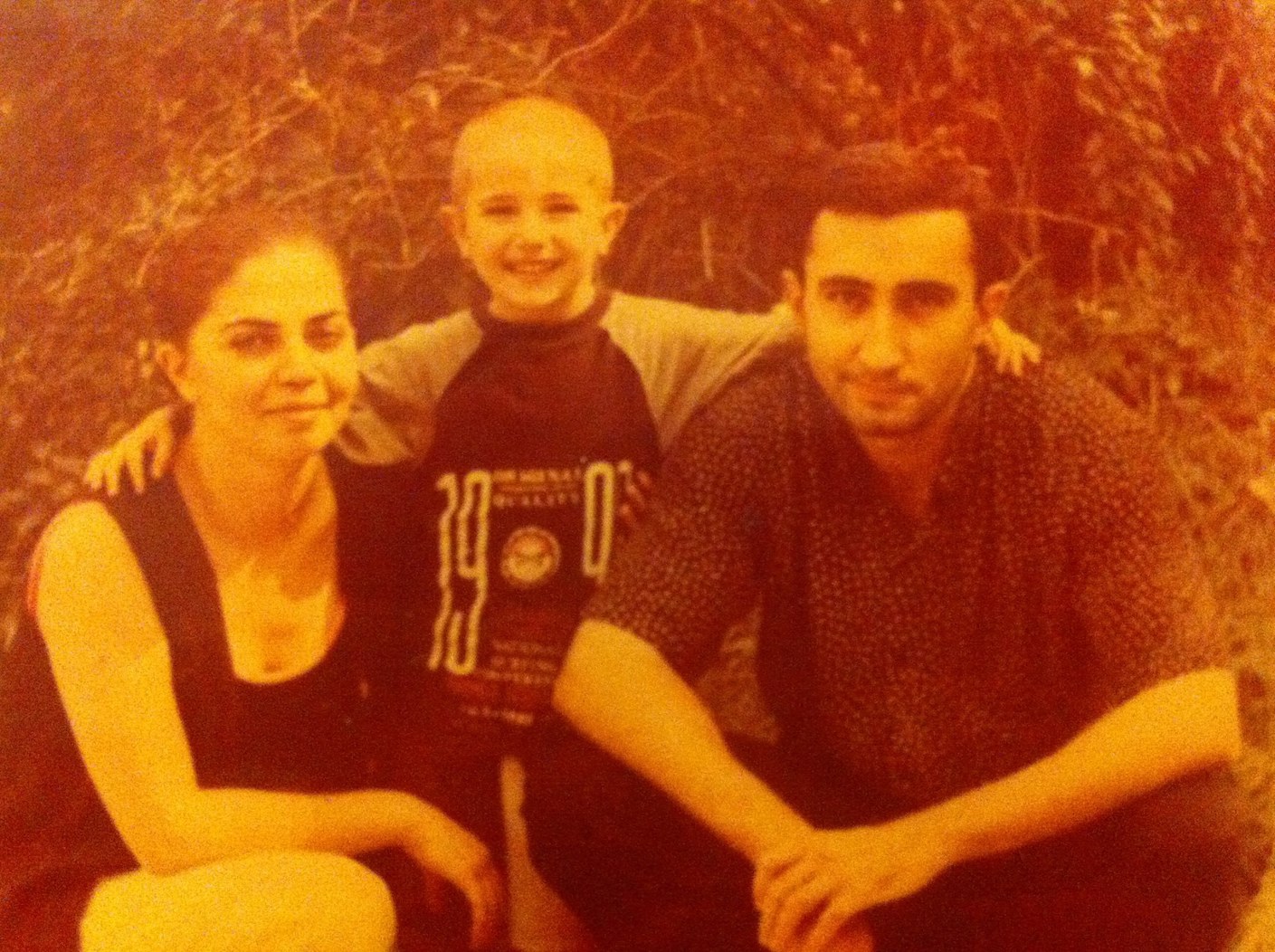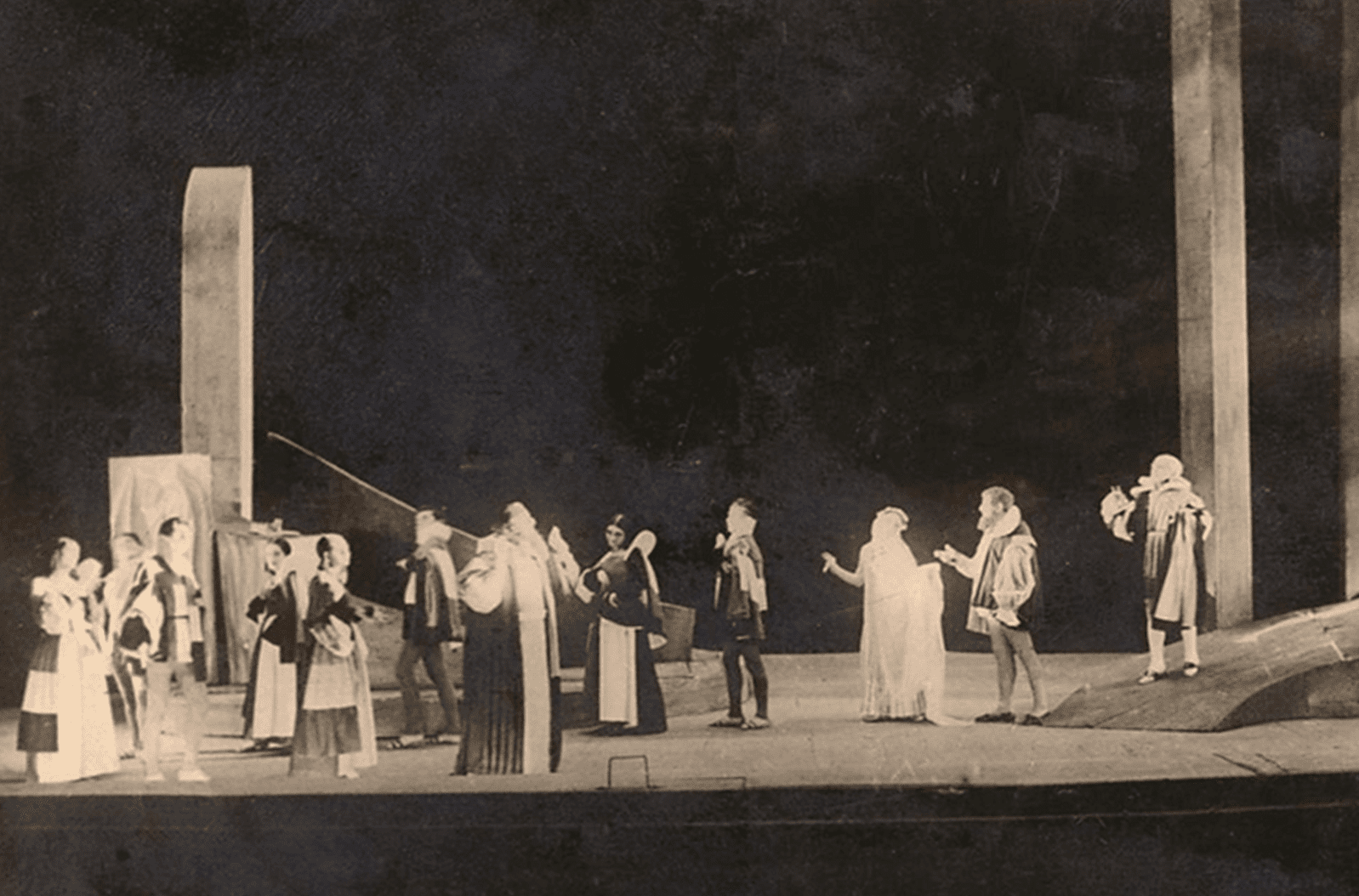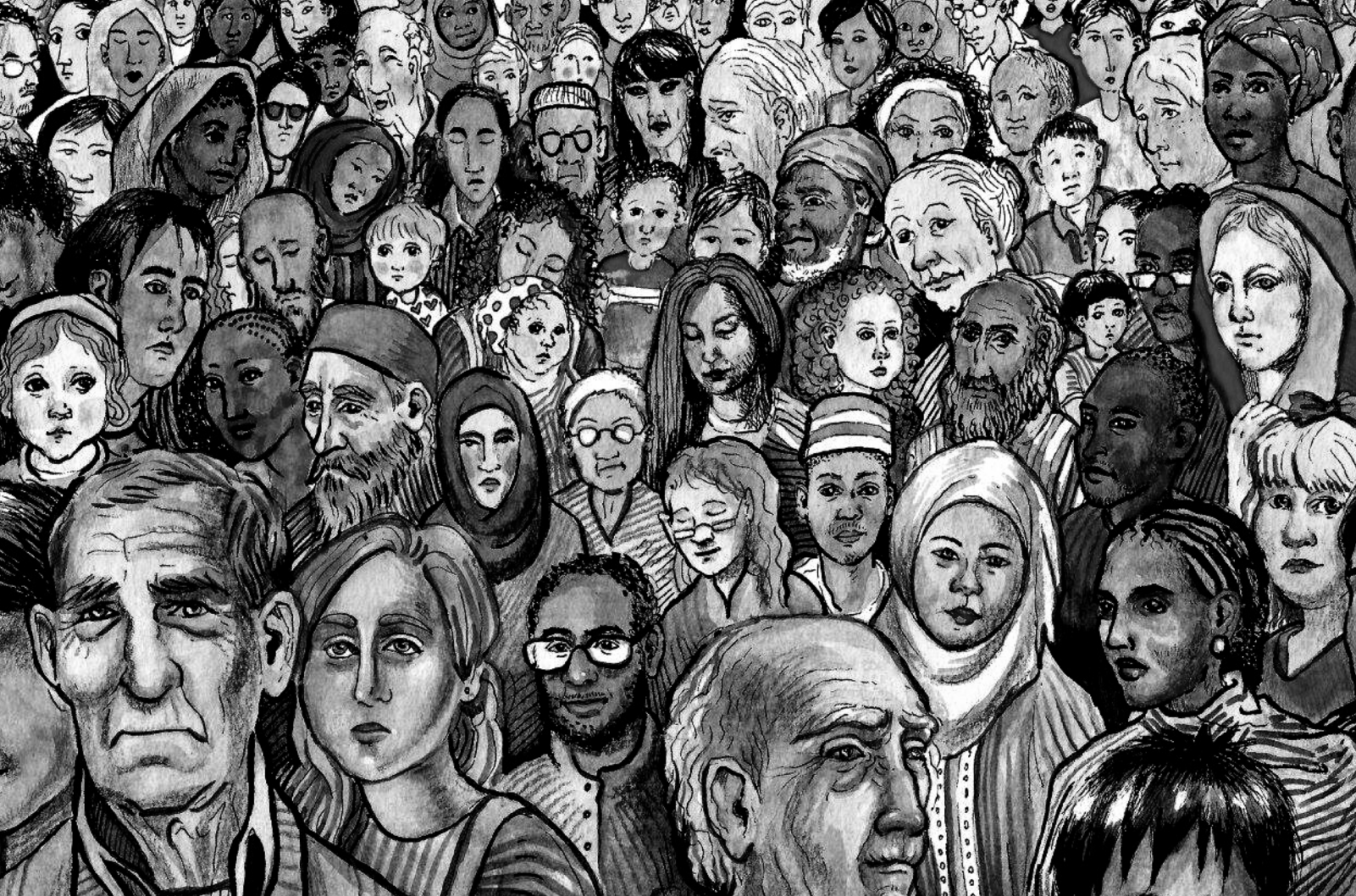
Tbilisi – The Way I See It
By Filmmaker Giorgi Tavartkiladze
Tbilisi – the city I was born and raised in- is stuck in my earliest memory as a post-civil-war, ruined, poor, and grey space. But in spite of this, I still fell in love with her.
Today, some people in Georgia say “Tbilisi means relationships”.
But people who say this phrase are the ones who have sentiments and nostalgia for the Soviet times. Unfortunately, that’s our reality; all the recent good memories about Tbilisi are from the Soviet era when people didn’t worry about heating, gas, electricity, and food as much as they have from 1991 to our days.
When people used to gather in their friend’s flat, they had parties, drank, sang songs, and talked their hearts out. They went to watch football games where Dinamo Tbilisi was winning matches with world-class football clubs (such as F.C. Liverpool). When a lot of gifted people created masterpieces in Film, Theatre, Music, Literature, etc. Most of these stories about Soviet Tbilisi I know from my parents, and some from archival video footage.
I have never experienced these moments firsthand, as the Union collapsed a year after I was born.
Georgia, like few other post-Soviet countries, said NO to the Soviet Union, and as a price for our freedom, we chose poverty, but not a civil war, which started in 1991, eight months after the declaration of freedom.
That’s why my actual memories start from this period – post-civil war, ruined, poor, and grey Tbilisi.
However, even in 1993-94 (when I was 3-4), I still remember parties at homes. People kept it as a tradition. We were having brilliant, joyful times while talking, eating, drinking, and playing together. Often, the flats were lit by candles because of the electricity outage.
I remember the apartment interiors in rusty (what is called Renaissance) colors of candlelight, with which I fell in love since my childhood. A lot of armed people were seen on the streets, but, nevertheless, we always celebrated our birthdays, the New Year, Christmas, and Easter. And sometimes those armed people would be sitting at the tables across from us because they were someone’s father, brother, uncle, son, or simply a friend.
I often remember candlelit rooms full of people, men, saying toasts, women talking with each other, children running and running from room to room. I remember the sounds of laughter as if everyone was happy (but actually they were so unhappy). I remember total darkness behind the windows (there were no lights in the streets).
Night meant total darkness in Tbilisi.
When my parents and I were driving back home in our car, I could see only a fraction of the street in front of the car, lit by the headlights. At those moments, I didn’t know how real and beautiful old Tbilisi looked. But at the same time, the darkness around us was not giving me chills – I felt warm and safe for some reason.
I often think about this paradox, and the answer I find is that the people from my memories were warm. You could say that Tbilisi was one of the most unsafe cities in the world back then, but for the children playing in the yards, it was totally safe.
Today, Tbilisi is one of the safest cities in the world. There is no darkness behind the windows, as all the streets are well-lit. There are no gangs of armed people in the streets anymore. We have 24-hour electricity, and no one needs to buy a candle. Tbilisi nightlife is something special that I can’t recommend enough.
While walking or driving around the city, you can discover a lot of wonderful and interesting things about Tbilisi both in the daytime and at night. Tbilisi became a popular destination for club life in Europe.
When I drive a car at night, I see everything around me, not only a small part of the ground, lit by the headlights. Nights in Tbilisi are as bright as they have ever been.
But I totally agree, “Tbilisi meant relationships”. Now it’s changed a lot. I miss these relationships very much. Sometimes I have a craving to meet and talk with my childhood friends, but life is moving fast, the years are passing, and we are unable to find the time to meet each other.
Sometimes I play 90’s Georgian guitar songs on YouTube, and despite the artistic quality of those songs, I find myself filled with emotions. I remember 90’s Tbilisi – warm feelings in times of difficulty. Strangely, I also remember people, streets, talks, the vibe of the ’80s, ’70s Tbilisi, which I have never seen, but I have a feeling that I did. I think this is called nostalgia. Though my nostalgia is not for the Soviet times, it’s still possible that someday someone gave it to me.
Anyway, I feel lucky to be a part of such an important and transitional period of my city’s history.
I tend to consider myself a “20th-century man” who lived in the “old times”. I often think about how my son will imagine the 90s Tbilisi when he’s a teenager, and I tell him some stories of my childhood. I also think about what Tbilisi will look like when my son is my age. Maybe visually it will be a city of towers or a city of glass buildings. I just hope it will look nice no matter how it develops. And I wonder whether someday Tbilisi will still mean relationships, or not?

✱ Giorgi Tavartkiladze with his parents. Photograph courtesy of the filmmaker.
Guest Author
We're here to celebrate the spirit of our city and its dwellers and share their stories with visitors and amongst ourselves.
You May Also Like

History of Georgian Theater
July 21, 2020
Losing Our Past
February 20, 2020